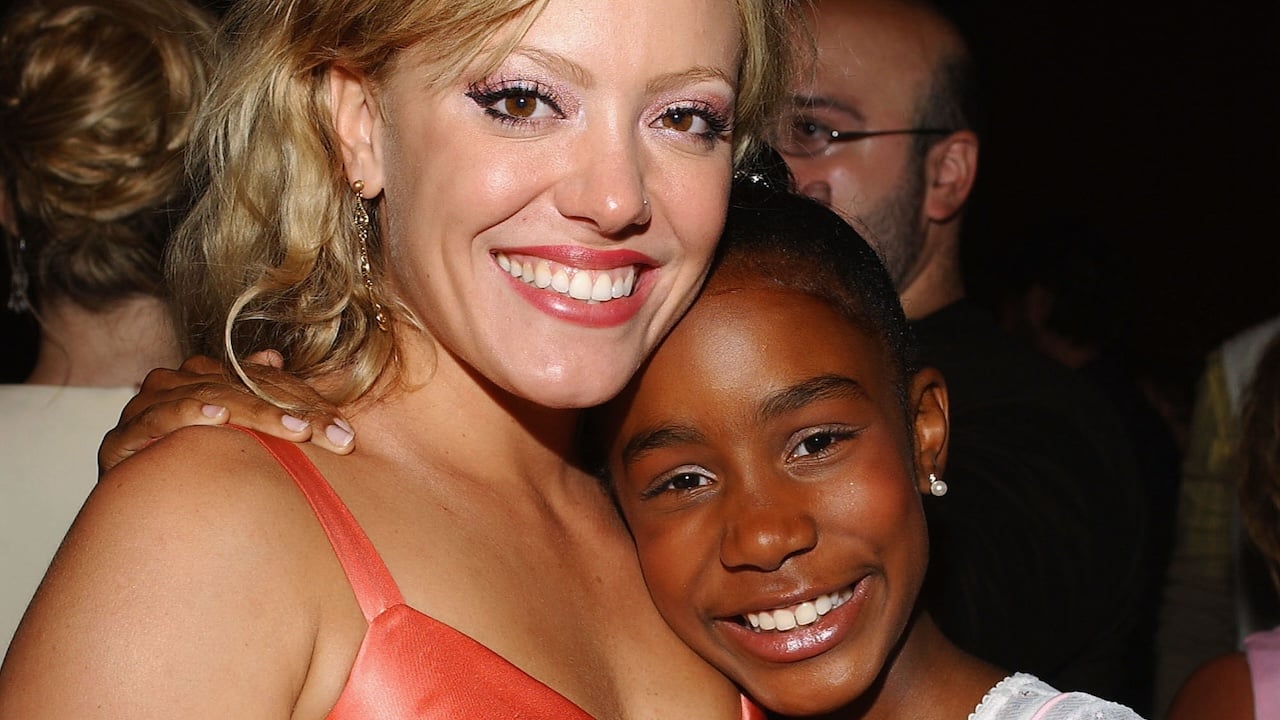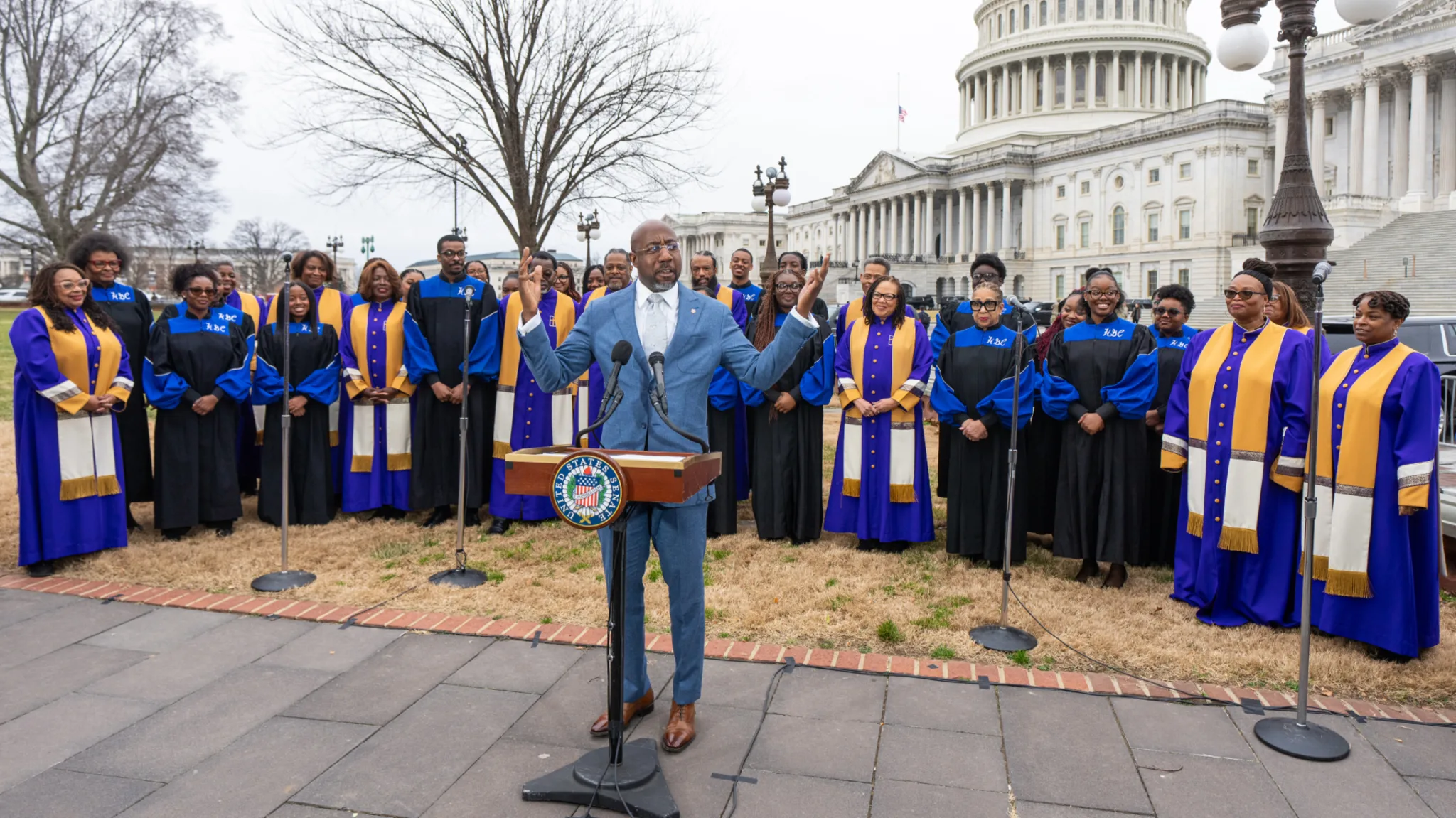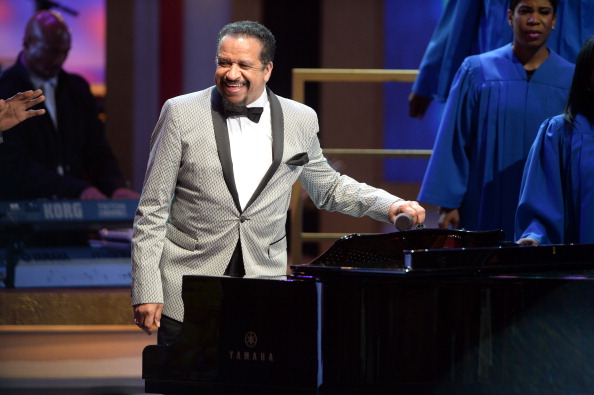Mookie Betts’ ‘incredible untold story’ of Dodgers’ run to World Series

LOS ANGELES — “Why’s it gotta be like Jeter? Why can’t it be like Mookie?”
Baseball TV analyst Jimmy Rollins is walking to short left field on May 17 at Dodgers Stadium, donning a patterned velour suit before Game 4 of the National League Championship Series, before the Los Angeles Dodgers’ Shohei Ohtani turned in the greatest single-game baseball performance we’ve ever seen.
Rollins — a four-time Gold Glove winner, World Series champion and 2007 N.L. MVP — is headed to the broadcast set alongside three-time All-Star Curtis Granderson and three-time Cy Young Award winner Pedro Martinez. At this point, it’s impossible not to be sold on the impact that shortstop Markus Lynn Betts has had on the Los Angeles Dodgers’ infield this season.
It wasn’t that long ago that folks were calling him the weakest link of the Dodgers‘ defense, when he was pressed into action after shortstop Gavin Lux struggled during spring training and they swapped positions. Betts was playing second base.
Now, his defensive prowess knows no superlative too effusive.
“Specifically, his defense. We know that he is finding it at the plate. But this guy shifts over to shortstop; all he does is he’s now tied for most defensive runs saved at the shortstop position,” sportscaster Robert Flores noted last week on MLB Network. “How do you explain that?”
“I think if you put it all together, you could make the argument that he’s one of the greatest defenders of all-time,” Mark DeRosa, head coach of USA Baseball, replied. “And not only the ability to move around — I know he started as a second basemen — but to go to the outfield, be a Gold Glove right fielder the way he was for years at a time, and then come to shortstop — come back in.
“As a former utility player, it’s very easy if you play your whole life at shortstop to kind of bounce around. Second’s a little confusing because you feel like you’re on the other side of the universe; it takes a minute. Moving over to third’s a day off. Going to the outfield means you’re just flat bored. … But to think I sat in the outfield for years, and to come to shortstop and play the defense he has? I wanted to give him love for it.”
In the seventh inning of the NLCS against Milwaukee, Betts was comfortable enough to goof around like he was faking not knowing who was calling a pop-up, then giving his buddy Christian Yelich of the Brewers a wry smile after taking it himself. Then, Betts turned an unassisted double play to end the inning that felt as easy as tying his shoes.
Mookie Betts, however, is not Los Angeles’ magic negro — in the tradition of so many American tales in fiction. It’s far more real than that. It sounds crazy to say that on a team that features a man capable of striking out 10 batters while hitting three homers, another who’s hit a grand slam to win a World Series game, and a guy who has pitched two straight complete games, No. 50 is the most valuable player the Dodgers have.
In Game 1 of the World Series last Friday, he helped turn a quality 3-6-3 double play with first baseman Freddie Freeman in the third inning that was crucial. He saved another run in the sixth with a heck of a play, and in Game 2 he had more than one backhand pickup that ordinarily would have been seen as a problem, but no, that’s just in his range these days.
If you’re going to have a decent team, what you have up the middle is of utmost importance. Meaning, between the battery and who’s at short and who’s in centerfield, it could determine the overall quality of your team. It’s an idiom that works from youth ball to the big leagues and isn’t as simple as say “grabbing some shooters” like so many NBA teams choose as an option to buttress their stars.
On top of that, there’s a psychological element for a player that’s almost as tricky as the physical execution, particularly if you play for, hello, the Los Angeles Dodgers. It took him a while, but it’s pretty clear that heading into the World Series, Mookie isn’t just playing shortstop. He IS a shortstop.
“I just feel like his work ethic took him to the place where he’s at right now because he’s got a desire to be really good at short, be a good defender,” said Dodgers veteran Miguel Rojas with the vigor of a guy who has seen how far Betts has come in terms of his work on the dirt. Rojas is a career shortstop who worked with Betts in the offseason.
“When I got here in 2023 even though he was playing in the outfield, he was moving to second base a little bit. And I know he knew at the moment he felt more comfortable at second than short. But I mean, he looked natural at second base, and obviously in right field, but I think he’s the best defender that I’ve ever seen. When he got the news that he had to play shortstop last year, he was kind of like worried, because he hadn’t played the position in a long time.”
Sean M. Haffey/Getty Images
This holiday season, you’ll probably go back to your cousin’s house. They’ll say hey, you wanna play Mario Kart? Maybe an Uno game, or lord forbid you have to get out there and skate on a pond on run down the block to prove your worth. You limber up enough to remind folks that you still got it, but you reserve the right to detonate at any time because, hello, you don’t really do this anymore.
Betts took that energy and turned into one of the best shortstops in the league.
“Watching him from last year to this year, he switched his arm angle, and ever since that — even last year, his fielding percentages were great. I think it was just throwing errors — [he] lowers his arm angle, and he’s a Gold Glove shortstop,” Dodgers pitcher Tyler Glasnow said. “He’s probably one of the most obsessed people I’ve ever met. Like when he gets his mind on something — bowling, whatever … I think a lot of that too was, ‘I wanna play shortstop.’ And they were like, ‘All right.’ If he tries to do something, he will probably be the best at it. It’s taken like a year, and he’s probably one of the best shortstops I’ve ever played with.”
But again, this isn’t just a matter of walking on the field and reverting to old methods from his high school and minor league days. Everything happens at a completely different speed than on the outfield.
“You see the level that he’s played at all year long defensively, and you kind of take it for granted and you forget that he’s kind of new at the position,” Dodgers utility man Enrique Hernandez said before Game 4 of the NLCS. “And you forget how long he played in the outfield. From a guy that plays everywhere, the game in the outfield is a lot slower than the game in the infield.
“To me, playing infield my whole life is why the outfield became easy because the game is that much slower back there. You basically play infield back there. When it’s the other way around, I’ve had times where I’ve played a lot of outfield, and then I haven’t played infield in about a month. And I have to go back to the infield, and the game feels a lot faster. For him to be able to do what he’s done after all these years, to play a new position like that, in my opinion he’s got to win the Gold Glove. I don’t think anybody was more valuable in that position on the defensive side of things.”
Point being, positionally, it’s real work things that won’t necessarily show up on a stat sheet unless you’re super into advanced metrics. But when you watch how his game fits into the rest of the flow of a game it’s clear what’s changed. He’s not just playing the position anymore. He is the position, and it shows.
“I said, when he first moved into second base, when he first moved to shortstop, I said, he’s a great athlete playing those positions. I go, what we see is a great athlete playing second, we see a good athlete playing short, but we don’t see a shortstop. We don’t see a second baseman. We see a great athlete capable of playing it,” said Nomar Garciaparra, who played three seasons with the Dodgers and made the 2006 All-Star Game as a first baseman after playing short for more than a decade. “It was like August, where I was like, ‘he is now a shortstop,’ compared to a great athlete playing shortstop. I’m sure he probably feels that way. When I moved to first base, it was until like August that I said, ‘I’m a first baseman.’ ”
There are legit mechanics that have to change as well when you make the shift. The throws one makes from outfield, never mind second base, aren’t the same in terms of distance, timing or setup. The repetitive nature of baseball means not just learning new things but unlearning other parts of muscle memory that become second nature when you’re playing at the highest level every day.
“He’s doing things now at short that are more instinctive,” Garciaparra added. “A lot of it at short was getting used to the way his footwork was before he even received the ball for that throw. Sometimes he thought about what arm slot to throw at a certain place. That’s no longer [the case]. It’s just easy. He drops down whatever is comfortable wherever the body is. So he is now no longer having to think. He’s just a shortstop.”

ALLISON DINNER/EPA/Shutterstock
Perhaps most impressive about all of this is that for all the MVPs and accolades Betts has received in his career, including the Roberto Clemente Award, which he was given ahead of Game 3 on Monday, is that he still isn’t a “look at me” kind of guy. Even if you wanted to dislike him, it’s hard to find a reason. The work he started doing by giving food to homeless people outside of Fenway Park in Boston, has continued. The Roberto Clemente Award is given to the player “who best represents the game through extraordinary character, community involvement, philanthropic excellence, and positive contributions on and off the field,” according to MLB, who has recognized players for their philanthropic work since 1971.
I don’t personally need a ton of external humility in ballplayers to like them, but there’s a point to be made about the fact that within himself, getting back to the things that made him the player he was early in his life might have been harder than giving back to the community. Meaning, just because you try, doesn’t mean you’ll succeed — never mind excel — at the highest level.
“I just feel like his work ethic took him to the place where he at right now because he got a desire to be really good at, short and being a good defender,” Rojas said. “It was a goal for him. And even in the offseason, when, I mean, we didn’t have anything to really like, work on or kind of like the season was like, so far away, he still wanted to get better every single day.”
To go to a teammate, a guy who’s definitively established at the position and ask for help and get it, just shows what kind of respect he gives and demands as a guy in a clubhouse.
“When I got here in 2023 even though he was playing in the outfield, he was moving to second base a little bit. And I know he at the moment, he felt more comfortable at second. [The change] affected in a really positive way, because we bond really well together,” Rojas said. “He was kind of like worried, because he hadn’t played the position in a long time. He is a creature of routines, and he didn’t have one yet. So last year, we worked hard kind of like trying to find something that helped him. I was trying to get him my point of view of the position, but I felt like this offseason when he knew he was going to play shortstop every single day in 2025 he kind of found little things like his glove, the way that he likes to break it in, the way that he likes to move around the shortstop position.”
Not everyone has to do everything the same way, but the tinkering from a guy who’s literally only played that position certainly helped Betts take what Rojas taught him, input it into his brain and make it work with his physical tools. And my god has it worked.
While his teammates continue to boot balls in clutch moments, Mookie is as steady as anyone.
“We are different shortstops. He’s way more athletic than what I can do. My hands are definitely better than him, and I play the shortstop position different than him, and he found kind of, like a lot of different ways to kind of get it done,” the man known as Miggy Ro concluded. “And I feel like that’s why he was able to put everything together.”
Oddly enough, for all the nice things people say about Betts, and deservedly so, some of his most staunch defenders have been his opponents — particularly managers who’ve faced him this postseason.
“I’ve always respected him the way he plays the game,” Jays manager John Schneider said before World Series Game 3 with zero hesitation. “Going back to when he was with the Red Sox. [He] makes playing shortstop look easy for a guy that’s a Gold Glover in right field. He’s just consistent. I think he understands the speed of the game, understands big stages of the game. I think any manager feels comfortable and confident writing a lineup when you got a guy like that in there every day. A couple plays that he’s made, man, just going to his right against us in the first couple games, pretty impressive what he does. And the fact that he’s hitting at the top of the order, I think Mookie’s a hell of a player.”
Before the Brewers were eliminated at Dodger Stadium, I asked manager Pat Murphy what he thought of Betts transformation as a player. His response was hundreds of words long, with multiple replies, unprompted. Murph, to say the least, was blown away.
“It’s an incredible untold story. Shohei Ohtani might be the best baseball player on earth right now. It’s debatable, whatever, but he might be. Freddie Freeman has touched our hearts many times in the wrong way,” Murphy said with his usual barrel-chested confidence. “But Mookie Betts, what he’s doing in the game of baseball, is incredible, to move from outfield to playing shortstop on the Los Angeles Dodgers, a team that’s stacked with everything you can be stacked with. For him to do that and do it well is incredible.
“And then [he] struggled early, according to Mookie, and now he’s swinging in every clutch situation and hitting behind Shohei, which is a huge responsibility. I’m just telling you, man, that needs to be brought out because if you’re talking about Most Valuable Player, you’re going to go through the stats and all that kind of stuff. But if you’re talking about a player that really was valuable to this team this year, I’m saying Mookie Betts is No. 1. No disrespect to Shohei and/or Freddie or some of the great pitching, et cetera. Imagine [Golden State Warriors guard] Steph Curry just saying, okay, he’s going to go play power forward and guard the other team’s best player. That’s what it’s like. So, he’s going to guard the other team’s best player, who’s bigger, whatever, [he’s] never done it, and he does it and they win still. And he puts up his 30-plus a game. [It’s an] amazing, amazing thing. And I would just like that to be recognized because I know as [Dodgers manager] Dave [Roberts] is sitting over there, he’s thinking the same thing, like, ‘this is freaking incredible.’
“I’d give him MVP votes for that.”
Daniel Shirey/MLB Photos via Getty Images
He likely won’t get those votes, but he’s the most valuable player to the Dodgers, no doubt. Monday before the Dodgers’ 6-5 walk-off win in 18 innings against the Blue Jays in Game 3, Betts reminded everyone why he’s so likeable, so qualified and so decorated.
“Whoever voted, thank you. I don’t know how it kind of works. But first, I want to thank God just for giving me the platform to give back to all kids — it doesn’t matter, grownups, whoever. I want to thank my parents — my mom’s here, dad’s at home — but my parents for raising a good kid. You guys did a good job, gave me a lot of morals and values, and that’s why I’m able to sit here today with this award,” Betts said. “I want to thank Unique [Kizer], who is the CEO of 50/50 Foundation. I remember last year when we were nominated and we lost, and I remember after that, telling her like, ‘No, I want to win this award. I want to win.’ Like, I’m not used to losing, so I wanted to win this. So, thank you, ‘Nique.
“And then, obviously, my beautiful wife. She’s been with me every step of the way, and when we’re going to give food to the homeless in the middle of the night or to schools or whoever, she’s always by my side. So, thank you.
“And last, I feel like I’m a part of the Puerto Rican family now. Kiké came and said something, [Alex] Cora texted me and said I’m Rican now. But being able to put on No. 21 and knowing all that he did and what his family still does is just a blessing, so I thank you guys.”
Never has a player been more worthy of being mentioned in the same sentence as Clemente, both on and off the field.
But remember: Clemente never played shortstop.
The post Mookie Betts’ ‘incredible untold story’ of Dodgers’ run to World Series appeared first on Andscape.
What's Your Reaction?
 Like
0
Like
0
 Dislike
0
Dislike
0
 Love
0
Love
0
 Funny
0
Funny
0
 Angry
0
Angry
0
 Sad
0
Sad
0
 Wow
0
Wow
0
































